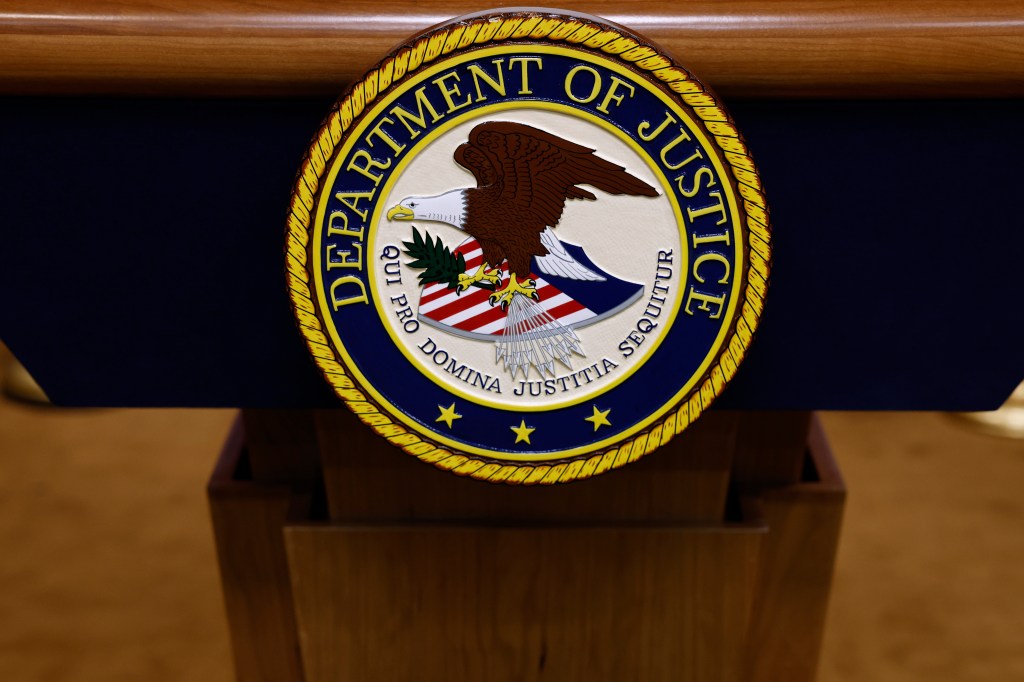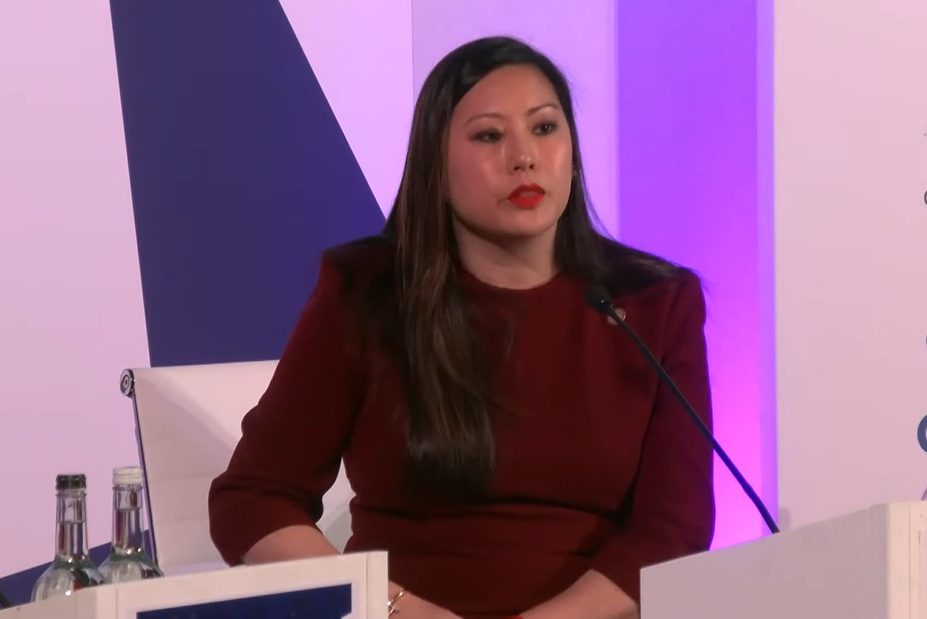US Commissioner Caroline D Pham of the CFTC sat down for a fireside chat with Adam Jackson, director of Policy, Innovate Finance at the City Week event organized by City & Financial at London’s Guildhall this week. The discussion centered on the CFTC’s role in regulating digital assets.
Commissioner
Register for free to keep reading
To continue reading this article and unlock full access to GRIP, register now. You’ll enjoy free access to all content until our subscription service launches in early 2026.
- Unlimited access to industry insights
- Stay on top of key rules and regulatory changes with our Rules Navigator
- Ad-free experience with no distractions
- Regular podcasts from trusted external experts
- Fresh compliance and regulatory content every day













